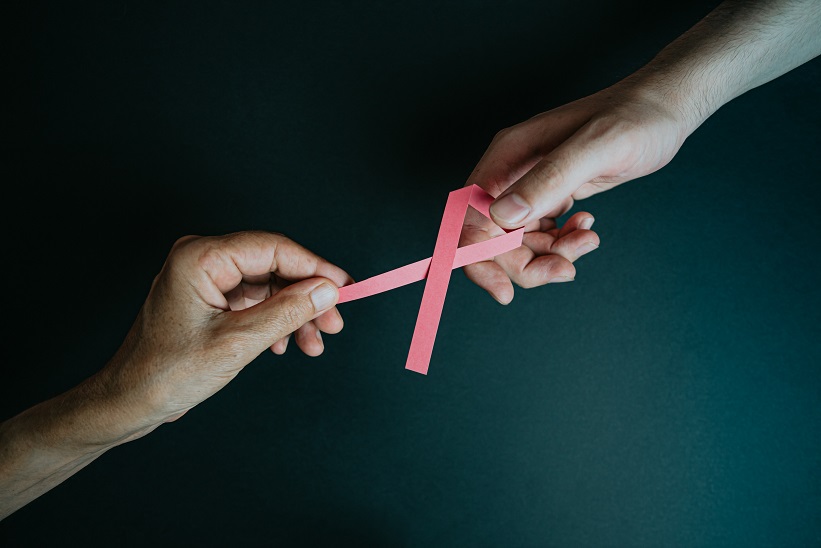While the battle against lymphoma primarily involves the medical community, legal support can be a formidable weapon in the patient’s arsenal.
Navigating the complexities of cancer treatments can leave patients and their families disoriented and searching for support. When the fight against cancer involves legal considerations, the challenge can be even more daunting. This comprehensive exploration will reveal the profound impact a lymphoma attorney can have on the lives of those affected by lymphoma.
Introduction to Lymphoma: Understanding the Disease and Its Effects on Patients
Lymphoma is not just a medical diagnosis; it’s a life-altering event that touches every aspect of a patient’s existence. With symptoms ranging from unexplained weight loss and fatigue to night sweats and swollen lymph nodes, the shock of a lymphoma diagnosis is often just the beginning of a new and uncertain chapter.
The emotional and physical tolls of treatment, from chemotherapy and radiation to stem cell transplants, are accompanied by a range of issues that extend well beyond the scope of traditional healthcare. Financial pressures, employment concerns, and quality-of-life disruptions can surface, each demanding attention alongside the primary fight against cancer. Legal support can be as vital as medical care in such complex scenarios.
The Legal Aspect: How Lymphoma Patients Can Seek Support
Legal counsel for lymphoma patients is not a tale of prosecution but a narrative of protection and empowerment. A related pursuit for justice may take precedence as a patient battles the disease.
Factors like workplace hazards, environmental contaminants, or defective drugs often cause lymphoma in patients. In these cases, a lymphoma attorney becomes an essential ally, helping to process legal claims and secure compensation that may be critical in covering the extensive costs of cancer care.
The Role of a Lymphoma Attorney in Patient Advocacy
A lymphoma attorney is more than a legal professional; they are patient advocates committed to understanding the unique challenges that each client encounters in their cancer journey. They strive to make the legal process as seamless and supportive as possible, alleviating the burden on the patient and their family.

With in-depth knowledge of the law and the medical complexities of lymphoma, a skilled attorney can offer comprehensive advice, guiding patients through the various legal options available. Whether navigating the intricacies of class-action lawsuits, establishing liability in a personal injury claim, or advocating for patient’s rights in the workplace, a lymphoma attorney is a pillar of strength in ensuring justice and fair compensation.
How to Find and Choose the Right Lymphoma Attorney
Selecting the right attorney is critical for patients considering legal action related to lymphoma. Here are some key considerations to weigh in your search for representation:
- Experience and Specialization: Look for attorneys with a track record in handling lymphoma cases or those specifically focused on medical and healthcare law.
- Reputation and Success: Investigate the attorney or firm’s reputation and inquire about their success rates with cases similar to yours.
- Client Testimonials: Personal accounts from former clients can provide valuable insight into the attorney’s dedication and effectiveness.
- Personal Connection: A solid client-attorney relationship is often built on trust and mutual understanding.
- Accessibility: Ensuring you can easily reach your attorney with questions or concerns is essential for peace of mind during the legal process.
Empowerment Through Legal Support
While the battle against lymphoma primarily involves the medical community, legal support can be a formidable weapon in the patient’s arsenal. It provides a channel for recourse, a means to address the broader challenges that arise during treatment, and an avenue for patients to receive fair treatment, particularly in identifying sources of their illness that could have been prevented.


Join the conversation!